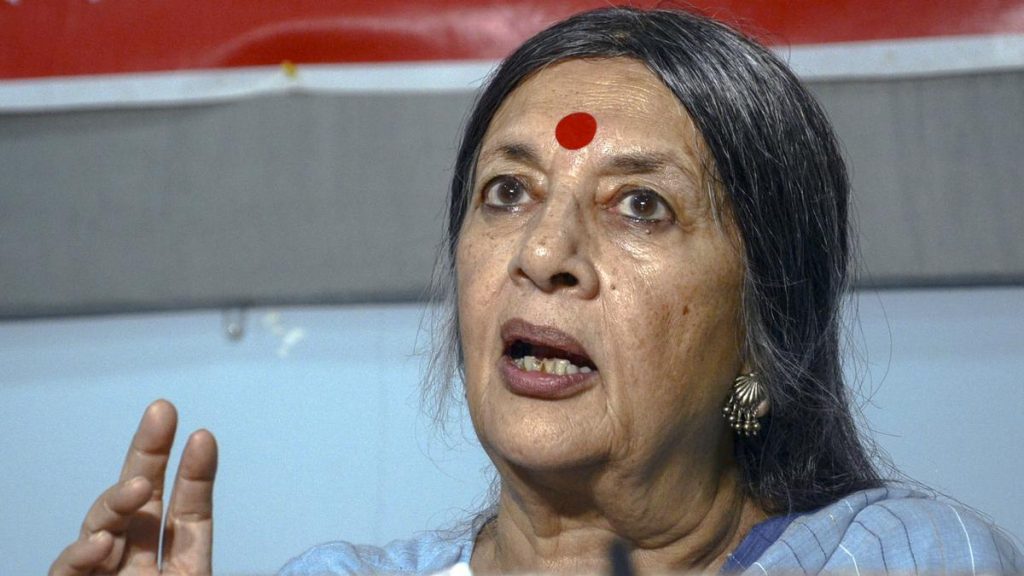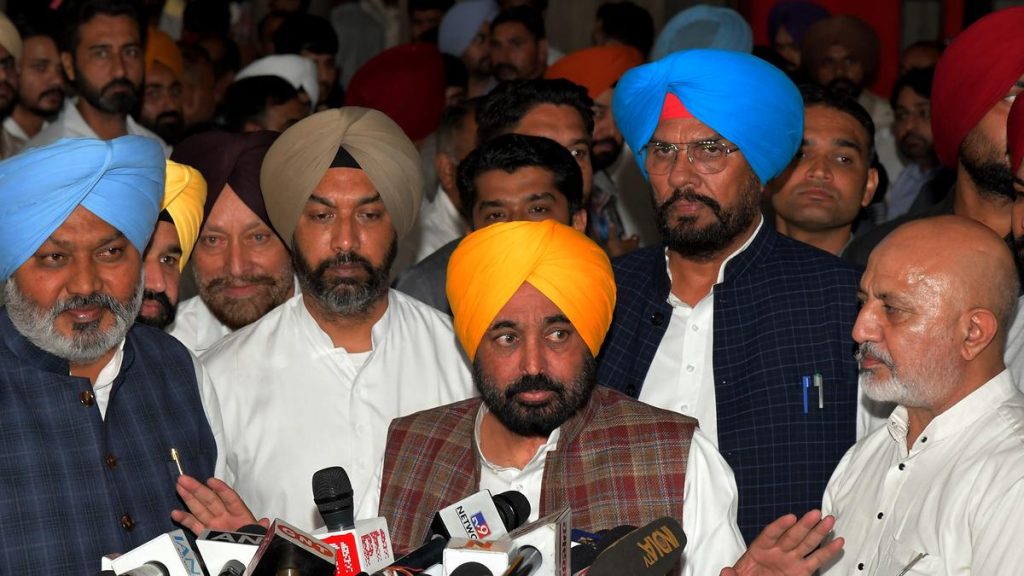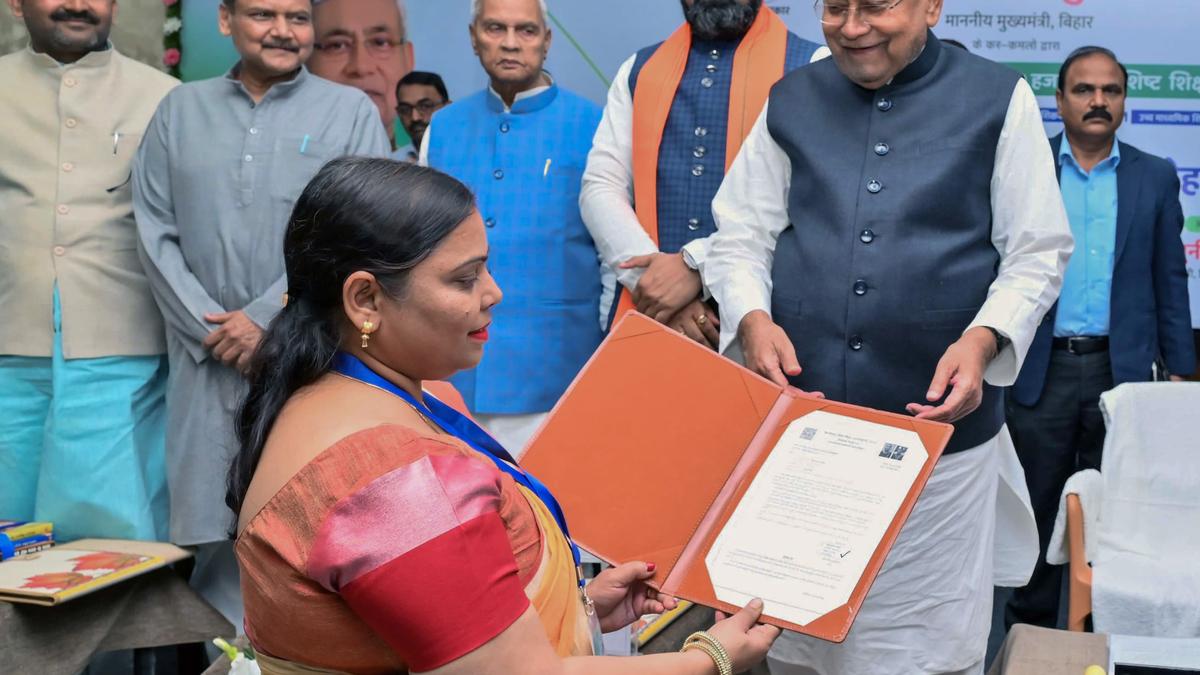Now Reading: Money Laundering: Key Solutions Explained
-
01
Money Laundering: Key Solutions Explained
Money Laundering: Key Solutions Explained

Quick Summary
- Report Overview: The Finance Minister’s report to the Rajya Sabha indicates that the Enforcement Directorate (ED) has initiated 5,892 cases under the Prevention of Money Laundering Act (PMLA) as 2015. However, only 15 convictions have been secured so far.
- Rising Cases: The increasing number of money laundering cases raises concerns about the effectiveness of current governmental efforts to curb financial crimes.
- Definition and Methods: Money laundering involves concealing illicit proceeds through processes like placement,layering,and integration into legitimate financial systems. It negatively impacts monetary stability, inflation, trade systems, and national sovereignty.
- PMLA Framework: enacted in line with global norms in 2002, PMLA aims to prevent laundering activities by imposing strict legal measures. Notably:
– Accused individuals bear the burden of proof.
– Enforcement Case Information Reports (ECIRs) are sufficient for initiating proceedings without requiring a first Information Report (FIR).
- Implementation Concerns:
– Misuse Instances: Authorities have occasionally exploited loopholes for politically motivated actions as observed by courts.
– Low Conviction Rate: Despite stringent laws and international agreements like Double Taxation Avoidance Agreements (DTAAs), conviction rates remain unsatisfactory.
Indian Opinion Analysis
The data presented highlights critical gaps in India’s enforcement framework against money laundering despite robust legislative mechanisms such as PMLA. With only 15 convictions out of thousands of cases since 2015, questions arise regarding investigative efficiency and judicial bottlenecks. Moreover,allegations of misuse for political purposes risk undermining public trust in law enforcement agencies.
Efforts must focus on balancing stringency against safeguards that prevent abuse while expediting case resolution. Adopting recommendations from bodies like FATF could strengthen procedural clarity and ensure unbiased implementation. Additionally, enhancing cross-border cooperation through agreements such as DTAA is vital given the increasingly globalized nature of financial offenses.
Tackling money laundering effectively is crucial not only for economic stability but also to disrupt sources linked to terror financing-reinforcing both domestic security and international standing.

























